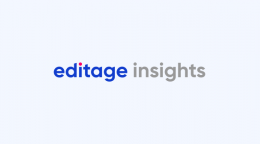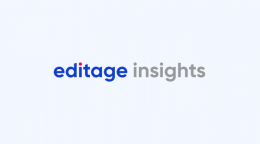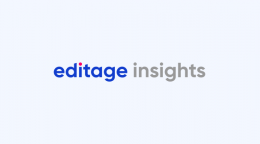Challenges faced by early-career researchers in Jordan in relation to bad publication practices

Early career researchers, though young and lacking publication experience, are strongly motivated to push their way through the academic publishing world—a world full of frustrations, ups and downs, and more frequent disappointments than successes. Some of the frustrations these researchers encounter are rarely addressed. Editors often write editorial pieces on how to get accepted or published, follow guidelines of the journal, or conduct proper research, all of which are very useful and informative topics. However, what early career researchers could really benefit from, for example, are tips on how to improve their manuscript after it has been rejected by a journal, especially in the case of desk rejections accompanied by the generic response of "not of interest to our readership."
I have tried to learn about the issues that lead to rejection, as they strongly affect researchers’ lives, but I couldn't find too much guidance. People don't talk about these things enough. For example, researchers in the West are vaguely aware about publication biases but don't necessarily encounter many real-life cases.
For a junior in the field of publishing, getting published in a high-impact factor, prestigious journal is a dream come true! You spend a year or two conducting a study with grant funds; this includes procuring materials and equipment, conducting experiments, collecting and statistically analyzing the data, and of course writing the paper. So we're talking 2-3 years to complete and write up a research study. Further, the regular challenges are compounded in a country like Jordan, where you are faced with added hardships. For example, research funding is scarce due to limited resources; academics are hard-pressed for time to conduct good quality research due to heavy teaching loads; and in some cases, English as a second language may be a barrier to expressing meaningful research ideas and drafting publication-ready manuscripts. Then comes getting the paper accepted in your target journal, which could take anywhere between 1 and 2 years. And this is when you first get a taste of the world of academic publishing, a world that doesn't seem to care how much time and effort you spent on your work; even if your research is good, your manuscript could easily get rejected.
This brings me to a few frustrating issues that I and many of my colleagues have encountered but are not openly spoken about:
1. Racism in publications: I find that many good submissions get rejected just because the author hails from a developing country/region, such as the Middle East, or any region other than Europe (for European journals) or the US (for US journals). I and many dedicated researchers from my institute have experienced this. It’s frustrating to work really hard to get published and then end up getting rejected, only to find another inferior research paper getting accepted in that same journal, presumably because the authors are from the country the journal is published in or from the West. Or sometimes I see papers with errors (some major and some minor) get published, while it seems like my paper was scrutinized under a microscope to find anything that could be deemed an error.
2. Preference for well-known figures as contributing authors: There are pioneers in every field, whose contributions are undoubtedly highly valued. However, even if their contributions become outdated or repetitive (I say this from experience), any publication with their name on it means a fast publication.
3. Selection of a reviewer who isn’t quite well acquainted with the research topic: It is extremely upsetting when a reviewer gives comments that highlight his or her limited knowledge of the research subject (in addition to spelling mistakes while expressing his or her views), and worse still when the editor decides to reject the manuscript based on this reviewer’s decision, even though the other reviewer recommends accepting the manuscript and has no major suggestions for improvement. This hardly makes any sense to me.
4. Bias of the editor/or an editorial board member against the idea, methods, or materials used in the research: It is difficult to complain to anyone about a bias harbored by the editor or one of the board members because you usually come to know about it by word of mouth, or from this person’s coworkers. Though this is upsetting, you really can't do much about it, as this person has the power to simply reject your manuscript.
5. Desk rejection without an explanation: This is the worst of all! Assuming that you’ve read the journal instructions carefully and matched the journal scope, I find desk rejection justified only when the editor explains in detail the reasons behind the decision. However, most of the time (>95% in my opinion), the reject decision letter seems to be based on how the editor “feels” on that day, accompanied with a hidden tone of “how dare you think I will even read this from you!!!” I have many examples, in the form of emails that I have received, which show how unprofessional some editors are. They just copy and paste a template statement and reject your paper. I wish they would outline the reasons for rejection, give constructive suggestions on how to improve the manuscript, and suggest alternate journal names as far as possible.
These are some of the frustrations faced by early career researchers in Jordan. I wonder: Are these problems real, or are we just unlucky? And do researchers from western countries or the USA face similar problems? I’d love to know!
Published on: Sep 09, 2016
Comments
You're looking to give wings to your academic career and publication journey. We like that!
Why don't we give you complete access! Create a free account and get unlimited access to all resources & a vibrant researcher community.














